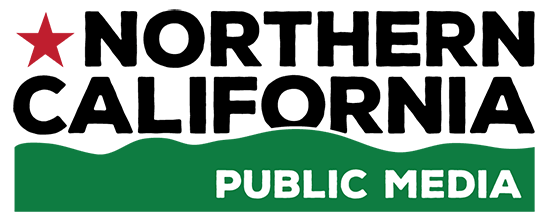
An international trade agreement on counterfeiting, currently being negotiated in secret, may actually impose strict new enforcements of expanded copyright protections.

While it’s not unusual for international trade treaties to be negotiated behind closed doors, most of the rationales for doing so don’t apply in the case of ACTA. There are 37 nations involved in the talks, and they freely share materials among themselves; it has been the public—in all of those countries—that has been excluded from the process. The high degree of secrecy surrounding the ACTA negotiations are additionally suspicious, says the Electronic Frontier Foundation's International Policy director, Gwen Hinze (left) , when contrasted with the way other similar pacts were developed in recent years.

Extending the stringent protections of the Digital Millenium Copyright Act to written work that is published online has already been tried in several of the countries that are party to the ACTA negotiations, says Gwen Hinze. But everywhere that has been tried, it has prompted enormous public outcry.
Requiring Internet service providers (ISPs) to enforce a “three strikes” policy against anyone accused of three violations of the new, tougher copyright protections, is being advocated by the film and music industries—who are being consulted in the ACTA negotiations—and opposed by the ISPs, who are on the outside. The Electronic Frontier Foundation agrees with the ISPs, because, as Hinze observes, there are too many ways such an enforcement policy can go wrong.
There's additional background information on the Anti-Counterfeiting Trade Agreement here. EFF is also mounting a letter-writing campaign to urge that Congress demand the ACTA process be opened to public scrutiny.

 Live Radio
Live Radio
